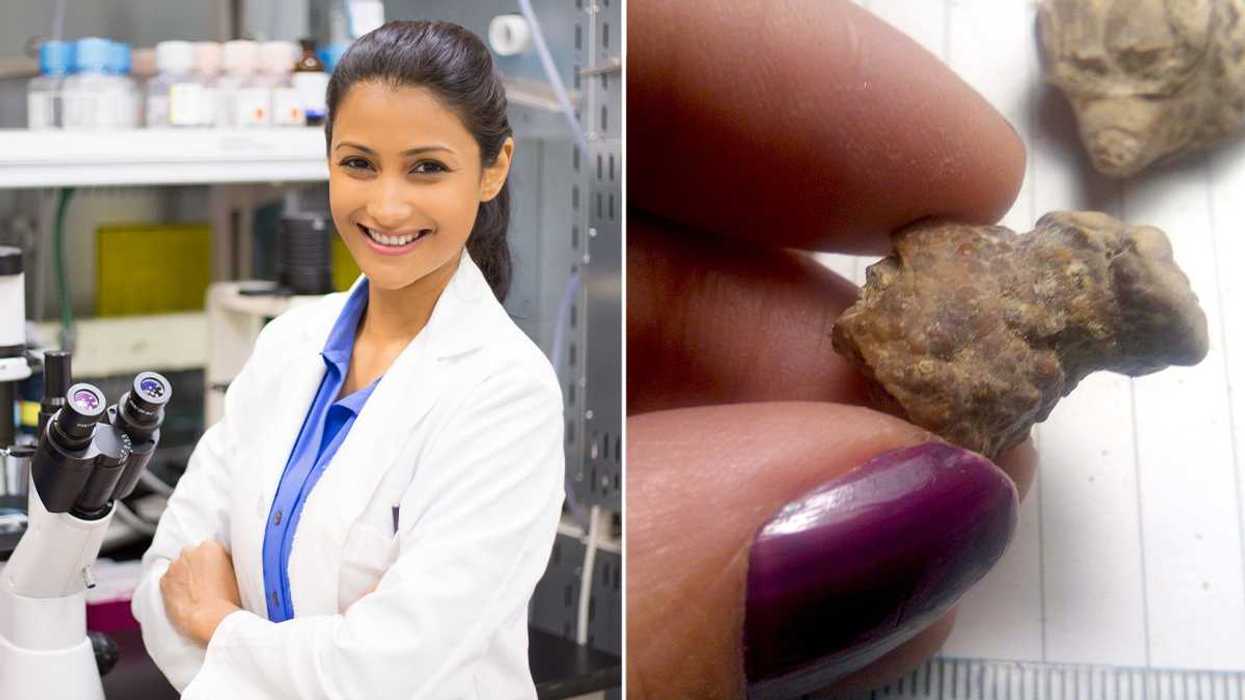The GOOD office is feeling a little contagious today. I’ve got the chills. Megan and Amanda have colds, too. I blame daylight saving time.
When daylight saving time ended and we fell back an hour last weekend, I enjoyed my extra hour of sleep just like everybody else, while rueing the loss of that precious hour next spring. But that’s before I learned about the consequences of this chronometric experiment.
The national time switch was designed to create more daylight during the day for early risers in the summer months, saving the energy needed for lights at night. It turns out the change doesn’t do much to save energy or help farmers, another oft-cited reason for the measure, but it does give a boost to business activities that happen outdoors, like retail, entertainment and sports. Essentially, Big Golf is running our country’s timepieces. The businesses that enjoy patronage during summer evenings that feel like daytime, along with the obstacle that is tradition, have managed to keep other firms—like airlines whose schedules get disrupted twice a year—from having the government change the rules.
What the shift does to us is more complicated: The sleep cycle is a complicated process, and when our circadian rhythms are disrupted, the results can be pretty bad: Sleep deprivation can lead not just to grogginess, but also a compromised immune system and even heart attacks.
That’s because your body starts warming up at a certain set time each day—connected, scientists believe, not so much to time as to sunlight exposure—which provides needed chemicals and increases your heart beat and blood pressure in anticipation of rising. If you’re getting up at the wrong point in the cycle and your body is trying to catch up, you’ll be all discombobulated.
It can take weeks to recover from the shift in sleeping patterns that comes with our shift in time; in bad cases, exiting daylight saving time can lead to or worsen Seasonal Affective Disorder, a wintertime blues that comes from not experiencing enough sunlight. That can be exacerbated if it gets dark at 5, before you even leave work. That same evening darkness, incidentally, exacerbates crime. Other evidence suggests that in the wake of the time-shift, mine accidents and car crashes bump up as groggy people get themselves in trouble, though some studies suggest that when we fall backwards, accidents decrease as people get some extra sleep.
A diehard band of activists are pushing for the United States to adopt daylight saving time permanently if it’s such a good idea, getting rid of all the unintended consequences of the shift. You can sign a petition if you feel strongly about the matter. On the other hand, some people say it’s time to go whole hog: Instead of daylight saving time, what about Double Daylight Saving Time? We’d keep daylight saving time in the fall and winter in order to chase the light into the evening, but spring ahead another hour to extend sunset even later into the summer night—health consequences be damned.
Photo via (cc) Caroline Hampton
















 Otis knew before they did.
Otis knew before they did.